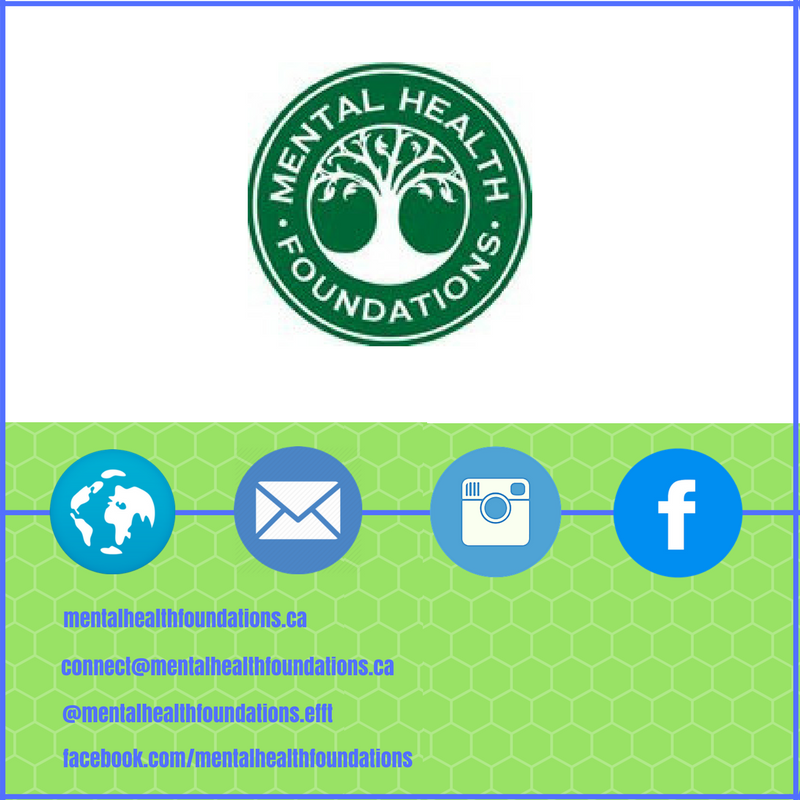Guest Post by: Dr. Adele Lafrance, C.Psych, Natasha Files, MSW, RSW, & Alison Bell, MA, RCC
There is no relationship connection more powerful than that between parent and child. The strength and importance of this connection is clearly reflected in the pain parents experience when they are a witness to their child’s suffering, including an eating disorder. Although it is normal for parents to respond to their child’s struggles with a sense of responsibility, often times parents are triggered into guilt for not having been able to protect their child, or worse – shame for somehow having been the cause of the problem. Unfortunately, parents are not the only ones to blame themselves for their child’s eating disorder – their children blame themselves as well. Although the blame game is completely irrational -remember that mental health issues are multi-factorial and extremely complex – self-blame is such a poison that cannot be ignored. Its ability to detract the healing process is second to none and can thwart the most motivated of individuals and caregivers.
In our clinical work with families, we’ve encountered so many parents with deep self-blame who have expressed reluctance (and sometimes refusal) to be a part of their child’s treatment for fear of making things worse. We even saw this phenomenon at play in a recent study we conducted with over a hundred parents and caregivers of a child with an eating disorder.
We found that the more parents were affected by fear, shame or self-blame regarding their child’s difficulties, the less they felt empowered to take on a positive role in their child’s mental health and recovery.
Unfortunately, the parent of the child who is struggling is not the only one to be weighted down by the power of self-blame. So are those individuals struggling with an ED. For example, in order to try and “make things right”, some individuals afflicted by corrosive self-blame will insist on an individual treatment plan for fear of “further” burdening their loves ones – even though they may not feel ready or capable of walking the road alone. They can sometimes convince the most experienced clinicians, as well as their own family members.
So what to do if you encounter an individual burdened by self-blame? Why -reassure them of course? Right? Something like: “Don’t blame yourself – it’s not your fault. Eating disorders are complex, don’t you know?” And while it is true that eating disorders – along with other mental and behavioral problems – are extremely complex – so complex that the field is still in its infancy in terms of understanding it all – reassurance leads to very superficial, very short-lived relief – if any – against the power of self-blame. And let’s face it – self-blame can feel really uncomfortable – even as a listener. So let’s make a commitment to resist the urge to lead with reassurance as intuitive as this may feel. Instead – let us listen to the voice of self-blame. Let us listen deeply. The kind of deep listening that can feel uncomfortable because we can feel the other’s pain, urging us to make it go away –for our sake as much as for theirs. Because getting down and dirty with self-blame – really getting into it – really hearing it – can allow the other to heal from within… And it allows for the individual to crawl out from underneath the shroud of self-blame into the light of the truth that EDs are complex and multi-factorial and an enigma in so many ways. In the words of Brene Brown, best-selling author and vulnerability researcher:
“If we can share our (shame) story with someone who responds with empathy and understanding, shame can’t survive.”
So let’s make space for these stories – as uncomfortable as they are – so that the shame may transform into hope and clear a path for deeper healing.
About the Authors
Dr. Adele Lafrance, PhD, C.Psych, is an Associate Professor in the Psychology Department at Laurentian University. She is a Clinical Psychologist and co-developer of Emotion-Focused Family Therapy (EFFT). She maintains a private practice of supervision and training for individual clinicians and organizations across Canada and Europe. She also leads multiple research projects in the areas of EFFT and mental health, including eating disorders.
Natasha Files, MSW, RSW, is an individual and family therapist in private practice. She is well-known for her application of Emotion Focused Family Therapy in the treatment of eating disorders and is a published author in this area. Natasha is an EFFT trainer and supervisor as well as an instructor in Social Work at the University of the Fraser Valley.
*For more information, visit mentalhealthfoundations.ca
Alison Bell, MA, RCC, is a Surrey Counsellor and Family Therapist. She has been providing counselling and psychotherapy services for over 15 years and has worked in private practice in the South Surrey, White Rock and surrounding areas since 2006. She has a graduate degree from the UBC and many additional specialized training qualifications.
*For more information, visit alisonbellcounselling.com




